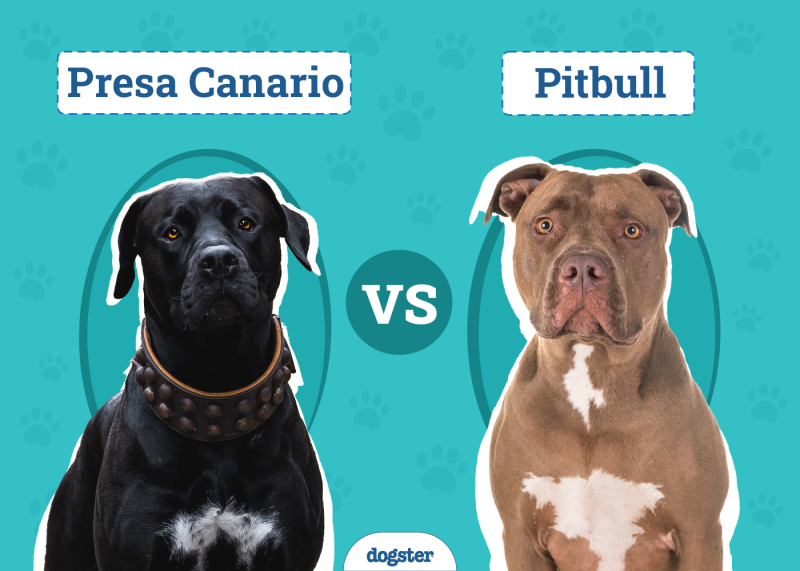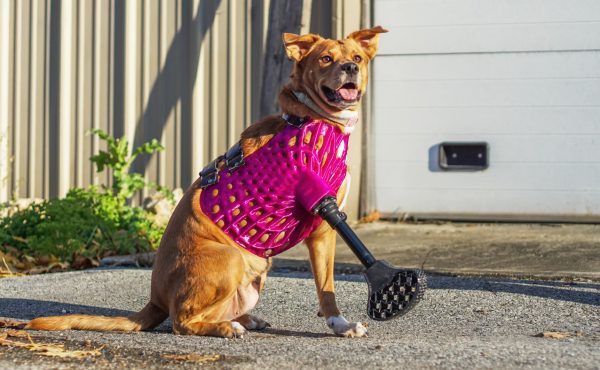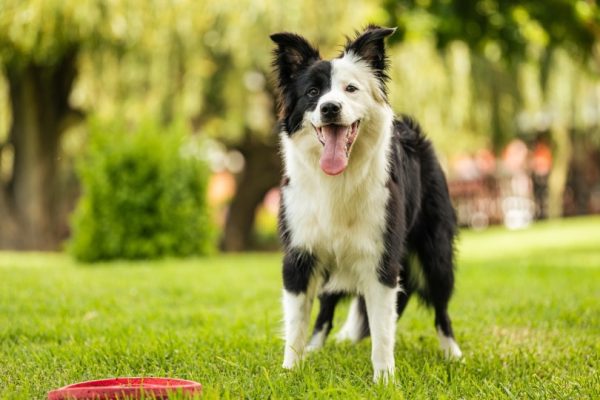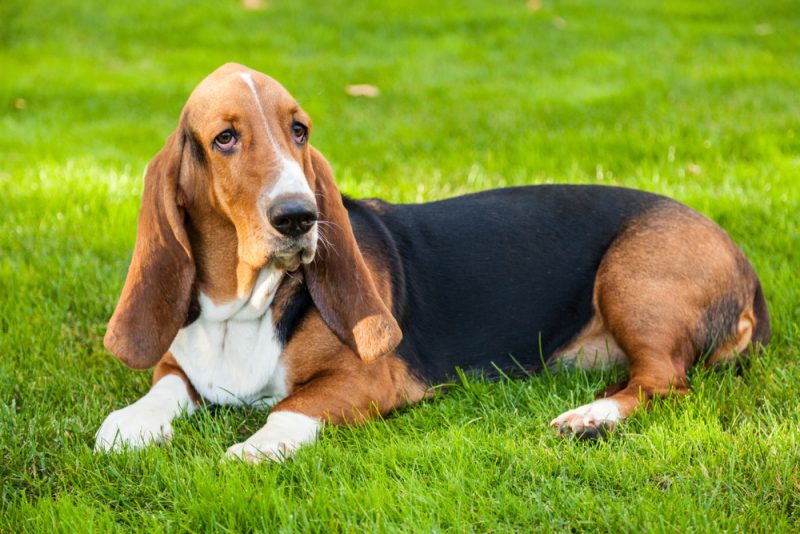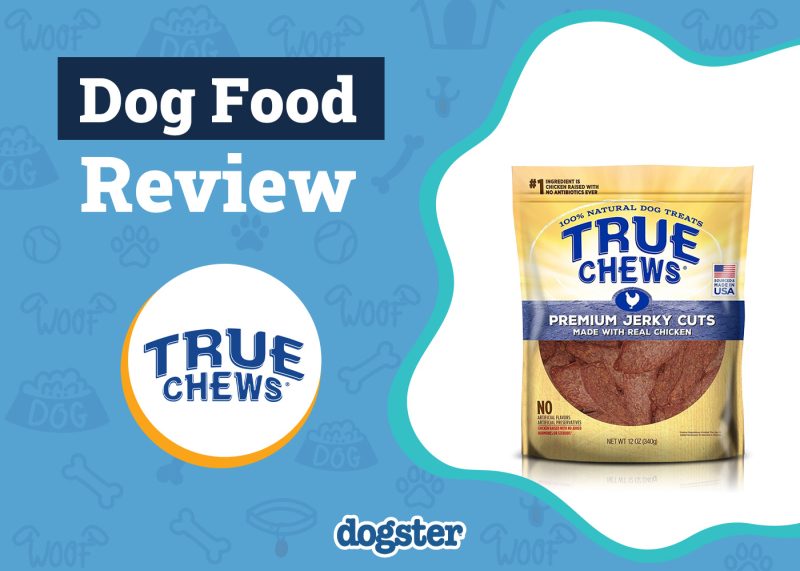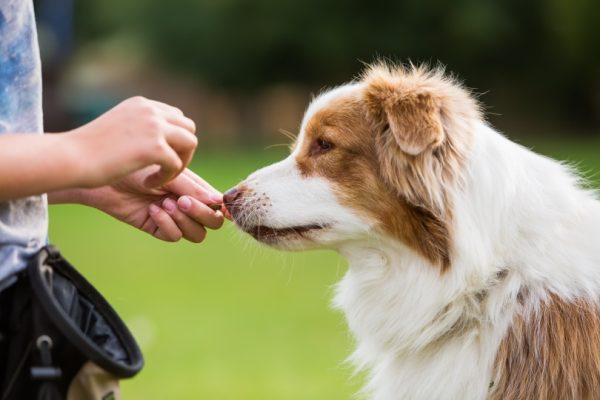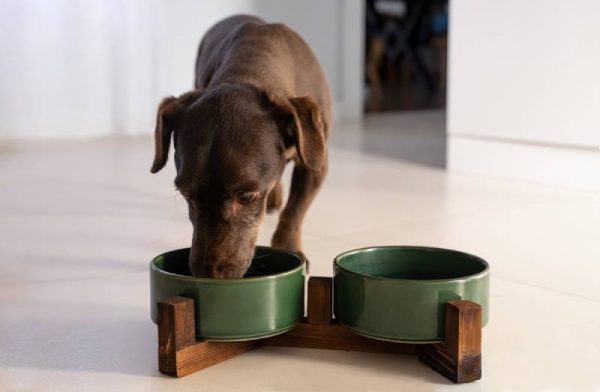If you live near a desert in the United States, you’re probably familiar with the yucca plant. It has several other names, including Spanish bayonet, Adam’s needle, and needle palm, and it comes in several forms. But most yucca plants have long, pointed leaves on the thicker side and white flowers on tall stalks. If you are a dog parent living where yucca is prevalent, you may wonder whether your pet will be safe if they eat it.
The answer is no. While the yucca plant won’t be fatal for most if eaten in small amounts, it is still toxic to dogs. The steroidal saponins in the plant can cause stomach irritation and, in large doses, can affect the central nervous system, resulting in death. Here’s what you need to know.

Yucca Poisoning in Canines
First, the good news—yucca is not appealing to a dog’s palate and causes stomach upset almost immediately, so it’s not likely your dog will eat a fatal amount. However, if your pup is on the small side or is getting up there in years, yucca could affect them more.
Steroidal saponins will foam when eaten, which in turn results in an intestinal upset in dogs. This ends up with your dog experiencing issues such as:
- Loss of appetite
- Stomach pain
- Vomiting
- Diarrhea
- Drooling
- Incoordination
- Weakness
- Increased heart rate
If enough of the yucca is consumed by older pups or smaller ones, they can also experience confusion and even seizures.
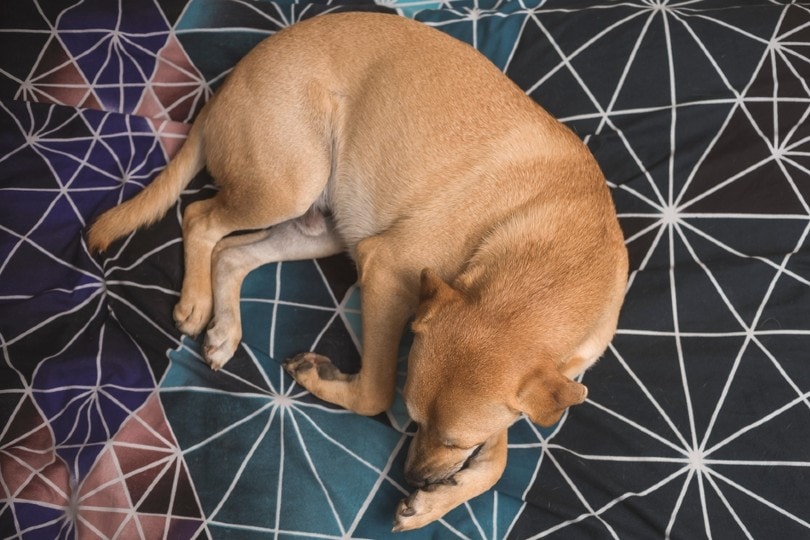
What to Do if Your Dog Ate Yucca
If your dog has eaten yucca (any part of the plant), you should take them to the vet immediately. If you can, also bring a piece of the yucca with you to help your vet with a diagnosis, as there are several types of yucca. You’ll need to tell your vet which part of the yucca your pup consumed and how much (if you know). Then, your vet will do a physical exam and, most likely, lab tests.
There’s a possibility that your vet might also perform an endoscopy to remove the yucca from your pet. An electrocardiogram may also be performed to keep track of your dog’s heart rate. Lastly, imaging tests, such as X-rays, might be done.
Once your vet has confirmed that your pet ate yucca, they will most likely induce vomiting to eliminate the toxins from your pet’s body. Besides that, your pup will probably be given IV fluids to help flush their system.
The good news is that if your dog is treated within at least 18 hours of first experiencing signs of yucca poisoning and there have been no issues with the renal system, they should be fine!
If you need to speak with a vet but can't get to one, head over to PangoVet. It's our online service where you can talk to a vet online and get the advice you need for your pet — all at an affordable price!

Final Thoughts
Yucca, while toxic for our canine companions, isn’t typically deadly. There are some exceptions, such as if a dog consumes a lot of it or a smaller or older dog eats some. However, for the most part, if your pup has eaten a part of the yucca plant, they should be fine.
You’ll see signs almost immediately that your pet has eaten some, as the yucca plant causes irritation to the stomach. If you see these signs, you’ll want to get your dog to the vet quickly. As long as your pup has only eaten a bit and is treated quickly, the outcome should be good!
Featured Image Credit: Kovacik, Shutterstock



